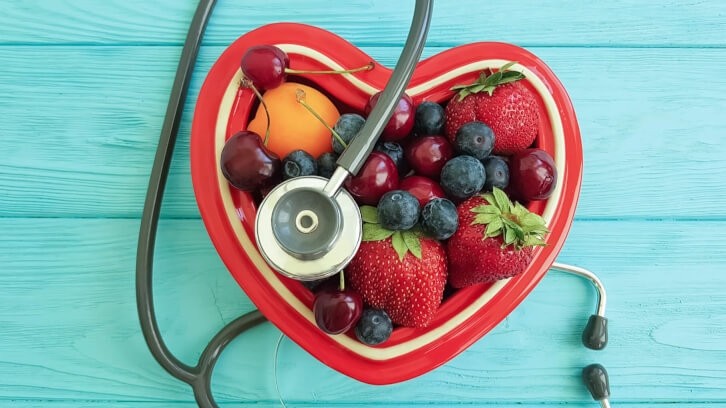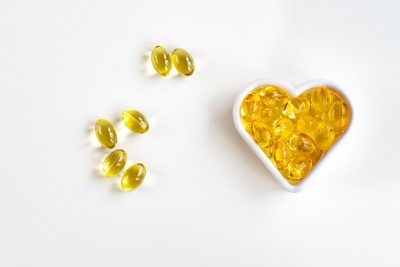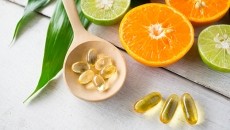Flavonols may reduce the risk of cardiovascular conditions: Study

Chinese researchers studied follow-up data from 11,679 U.S. adults drawn from National Health and Nutrition Examination Survey (NHANES) and determined, after adjusting for several factors, that flavonoid intake had a greater significant protective effect on all-cause mortality reduction for individuals over the age of 40.
Regarding cardiovascular disease (CVD), their analysis indicated that quercetin and other related flavonols have a protective effect. By preventing one or more processes linked to the development of disease such as oxidative stress, endothelial dysfunction and inflammation, flavonols guard against atherosclerosis, the researchers wrote.
“By reducing endothelial dysfunction, hypertension and atherosclerosis, [flavonols] can protect coronary arteries,” they added. “Our findings have practical significance for public health, because [flavonols] can be supplemented by making daily dietary modifications and eating habits better.”
Preventing onset and progression of CVD
Flavonols, the primary representative of the six subclasses of bioactive polyphenolic compounds called flavonoids, can impact a range of cardiovascular conditions. During the acute phase of a stroke, they can reduce excitatory toxicity, regulate oxidative stress, stop platelet aggregation and thrombosis, and enhance cerebral blood flow. At more advanced stages, they "can protect the integrity of endothelial cells and reduce inflammatory responses," the researchers wrote, adding that they may obstruct ischemia-induced cell death pathways such as necrosis and apoptosis.
Additionally, the rupture of atherosclerotic plaque causes most acute coronary events. However, the flavonol quercetin can stabilize these plaques. The researchers indicated that a 20 mg per day increase in flavonol intake was associated with a 14% stroke-risk reduction.
The main flavonol components of tea, onions and berries are quercetin, kaempferol, myricetin and isorhamnetin. Research suggests these substances influence lipid and glucose metabolism, platelet function and thrombosis, inflammation, oxidative damage and blood pressure. Moreover, studies show consistent evidence that flavonoids can improve endothelial function and maintain and enhance nitric oxide status, which plays a crucial role in preventing the onset and progression of CVD.
“Furthermore, by specifically targeting important molecules and signaling pathways in a range of tumor cells, flavonoids can cause apoptosis and prevent cell growth and metastasis,” the authors noted. “The discovery that food rich in flavonoids have cardioprotective and anti-tumor effects may be explained by these effects.”
Limitations
The researchers noted that the Western diet, prevalent among the study group, impacts the dietary composition of flavonols and other nutrients and that the study was unable to account for the main food sources for dietary flavonol intake due to database limitations.
There were other limitations. In the group the researchers examined, flavonol intake had a strong protective effect on mortality among the non-Hispanic white population. This could indicate that dietary patterns within different races and ethnicities may play an important role regarding consumption.
Source: Scientific Reports
doi: 10.1038/s41598-024-55145-y
“Association between dietary flavonol intake and mortality risk in the U.S. adults from NHANES database”
Authors: Zhiqiang Zong et al.














